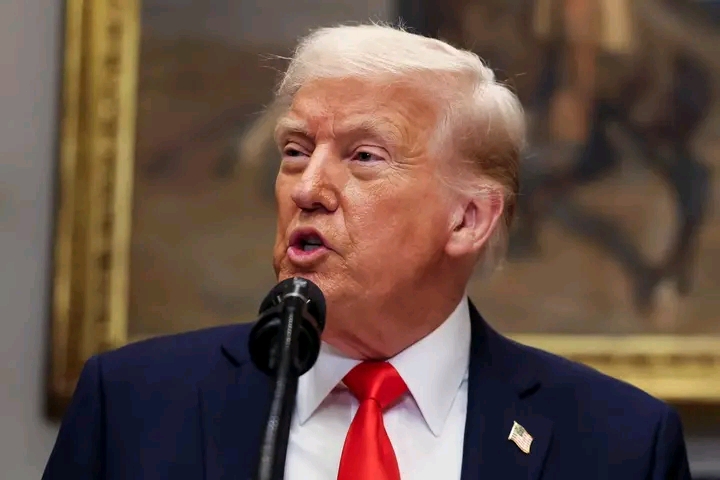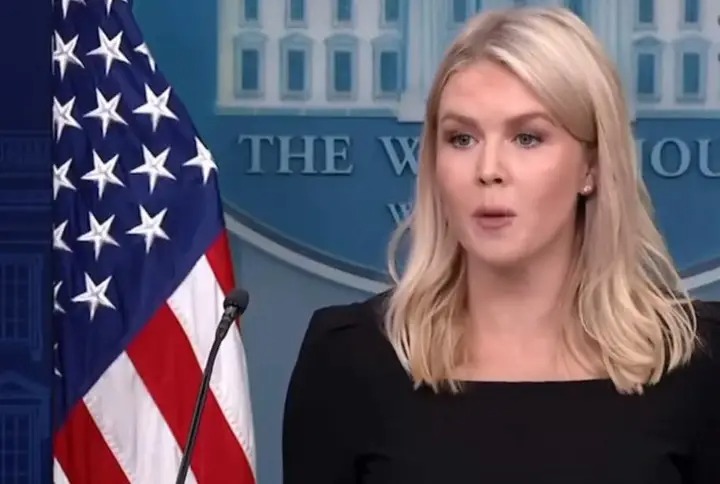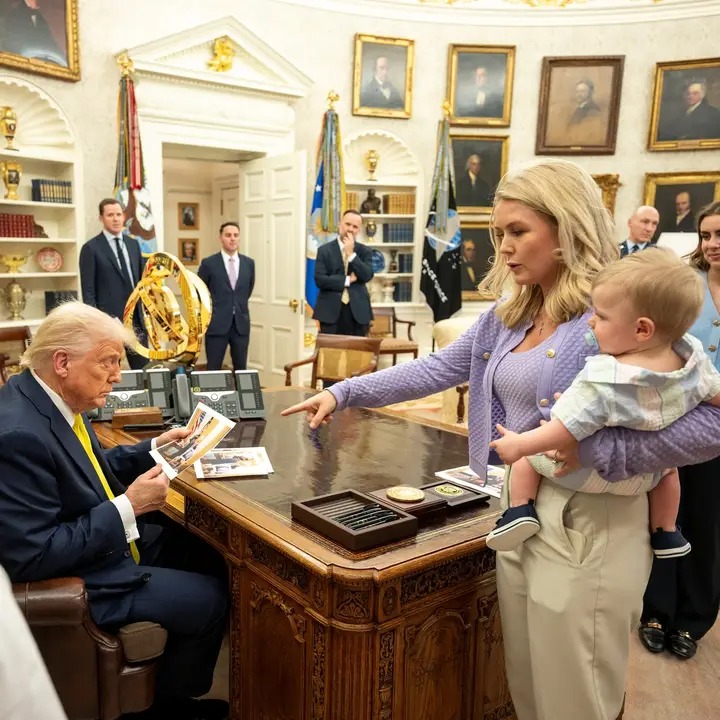Trump’s Growing Embrace of Faith and Its Influence on White House Policies
In his second term as President of the United States, Donald Trump has taken a more pronounced turn toward religion, solidifying his bond with evangelical Christians and conservative faith leaders. Once perceived as having a tenuous connection to faith, Trump now speaks with a renewed sense of conviction about his spiritual journey, particularly following a harrowing assassination attempt during his campaign. This shift has not only reshaped his public persona but also signaled a deeper alignment with religious values in his governance.
At a recent prayer breakfast held at the U.S. Capitol, Trump made a bold declaration: “We must bring religion back. Let’s bring God back into our lives.” This statement underscores his administration’s efforts to integrate faith into policymaking, a move that has sparked widespread speculation about the role of religion in shaping his leadership. One of the most notable steps in this direction is the establishment of a “Faith Office” within the White House, spearheaded by Paula White, a televangelist and longtime spiritual advisor to Trump. White, who gained national attention in 2020 for her fervent prayers seeking divine intervention in Trump’s favor, is now at the helm of faith-based initiatives aimed at embedding religious principles into the fabric of government.
Trump’s reliance on evangelical leaders extends beyond White. Key figures in his administration, such as Vice President J.D. Vance and Secretary of Defense Pete Hegseth, have strong ties to Christian nationalist movements. These connections have raised questions about the extent to which faith-based conservatism will influence Trump’s policies. While Trump has long enjoyed unwavering support from evangelical voters, his personal relationship with religion has been anything but straightforward. Despite past controversies, including a conviction in a hush-money case, his Christian base has remained loyal, viewing him as an imperfect yet divinely chosen leader.
The president’s near-death experience at a Pennsylvania rally in 2024 appears to have been a turning point in his spiritual journey. “It changed something in me,” Trump shared at the prayer breakfast. “I believed in God, but I feel much more strongly about it now.” This personal transformation has been accompanied by concrete actions, such as the creation of a task force under Attorney General Pam Bondi to investigate the alleged persecution of Christians in the United States. While details about the task force remain vague, the initiative is expected to resonate with conservative Christians who feel their values are under threat in an increasingly secular society.
Trump’s administration has also taken steps to reinforce conservative values through policy. Since his inauguration, he has signed executive orders challenging progressive causes, including diversity mandates, transgender rights, and abortion access. His commitment to pro-life policies was further underscored by a video message he sent to a major anti-abortion rally in Washington, D.C. Additionally, Trump’s association with figures linked to the New Apostolic Reformation (NAR) movement, a Christian nationalist group advocating for biblical governance, has drawn both support and criticism.
As Trump’s second-term agenda becomes increasingly intertwined with religious conservatism, questions arise about the sincerity of his spiritual transformation. Is this a genuine shift in his personal beliefs, or a strategic move to consolidate his political base? Regardless of the motivation, the influence of his “God Squad” in key leadership roles suggests that faith-based priorities will continue to shape his administration’s policies. Whether this vision of bringing God back into public life will unite or further divide the nation remains to be seen.
Maddison Babb, a journalist with a background in theology and a decade of experience in news reporting, offers a unique perspective on the intersection of global events and Christian values. Her insightful analysis sheds light on the profound impact of Trump’s faith-driven agenda on both politics and society.






